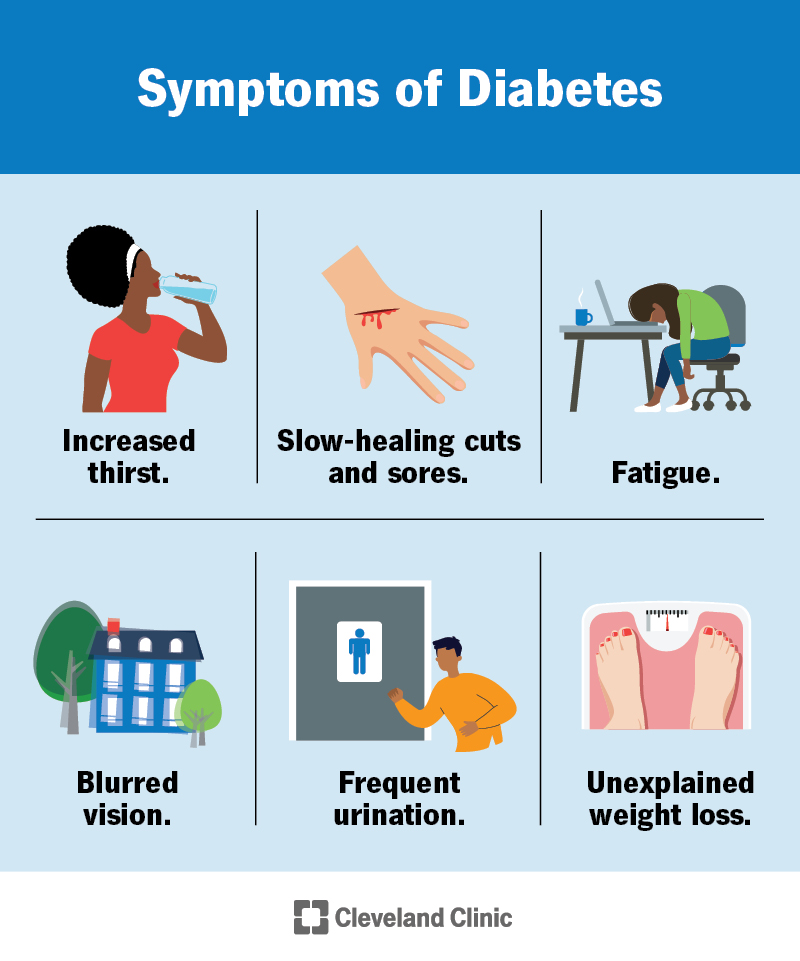
Diabetes is more than just a matter of managing blood sugar levels. It is a complex condition that affects multiple systems within the body, and understanding its physical impact is key to managing it effectively. Whether you have diabetes or know someone living with it, recognizing how the condition can influence the body is an essential step toward maintaining overall health.
What is Diabetes?
At its core, diabetes is a condition in which the body struggles to regulate blood glucose, or sugar. Glucose is essential for energy, but when levels become too high, it can cause significant damage over time. There are two primary types of diabetes: Type 1, where the body does not produce insulin, and Type 2, where the body either resists insulin or doesn’t produce enough. Gestational diabetes, a temporary form that occurs during pregnancy, can also pose risks if not managed properly.
While the management of diabetes often focuses on diet, exercise, and medication, the condition has far-reaching effects on nearly every organ system in the body. Let’s explore how diabetes impacts various aspects of physical health.
Circulatory System: The Heart and Blood Vessels
High blood sugar levels can damage blood vessels and the heart over time. This can lead to cardiovascular complications, including heart disease, high blood pressure, and stroke. People with diabetes are more likely to develop atherosclerosis—a condition in which the arteries harden due to plaque buildup—because elevated glucose contributes to inflammation and vascular damage.
Maintaining healthy blood sugar levels, exercising regularly, and monitoring cholesterol and blood pressure are critical steps to protect your circulatory system from the effects of diabetes.
Nervous System: Nerve Damage
A common complication of diabetes is neuropathy, or nerve damage, which often affects the hands and feet due to high blood sugar levels. Symptoms can include tingling, numbness, pain, or weakness. Peripheral neuropathy may interfere with balance and mobility, while autonomic neuropathy can disrupt vital functions in organs such as the stomach, bladder, and heart, affecting digestion, urinary control, and even heart rate.
Early detection is crucial. Regular medical check-ups, along with careful monitoring of any unusual sensations in the extremities, can help prevent serious complications. Consulting a foot doctor in Orem for routine foot exams is especially important for maintaining foot health and detecting issues before they worsen.
Kidneys: Diabetes and Renal Health
Diabetes is a leading cause of kidney disease, known medically as diabetic nephropathy. High blood sugar over time can damage the delicate filtering system within the kidneys, leading to protein leakage into urine and eventually reduced kidney function. If left unmanaged, this can progress to chronic kidney disease or even kidney failure, necessitating dialysis or transplantation.
Maintaining blood sugar and blood pressure within target ranges is essential to protecting kidney function. Regular urine and blood tests can help detect early signs of damage.
Eyes: Vision Complications
Diabetes can have a profound effect on eye health. High blood sugar can damage the small blood vessels in the retina, leading to diabetic retinopathy. Symptoms may include blurred vision, floaters, and in severe cases, vision loss. Diabetes also increases the risk of cataracts and glaucoma, making regular eye exams a crucial part of management.
Early intervention and proper management of blood sugar can prevent or slow the progression of these vision-related complications.
Skin and Immune System: Vulnerability to Infection
People with diabetes are more prone to infections and slow-healing wounds. High blood sugar impairs immune function, reducing the body’s ability to fight off bacteria and viruses. Skin infections, fungal infections, and foot ulcers are common concerns, particularly for those with poorly controlled diabetes. Daily inspection of the skin, proper hygiene, and timely treatment of injuries are critical for preventing serious complications.
Digestive System and Weight Management
Diabetes can also impact digestion and metabolism. Insulin resistance and high blood sugar levels affect how the body processes food, which can lead to gastrointestinal issues like gastroparesis, where stomach emptying is delayed. Uncontrolled diabetes often correlates with weight fluctuations, further complicating management and overall health.
In Conclusion
Diabetes is a condition that touches nearly every part of the body, from the heart and nerves to the kidneys, eyes, and skin. Understanding these physical effects is essential not only for managing the condition but also for preventing serious complications. Through a combination of healthy lifestyle choices, regular medical monitoring, and adherence to treatment plans, individuals with diabetes can protect their bodies and maintain a high quality of life. Awareness is the first step—by recognizing how diabetes affects the body, we empower ourselves to take control and live healthier, fuller lives.
